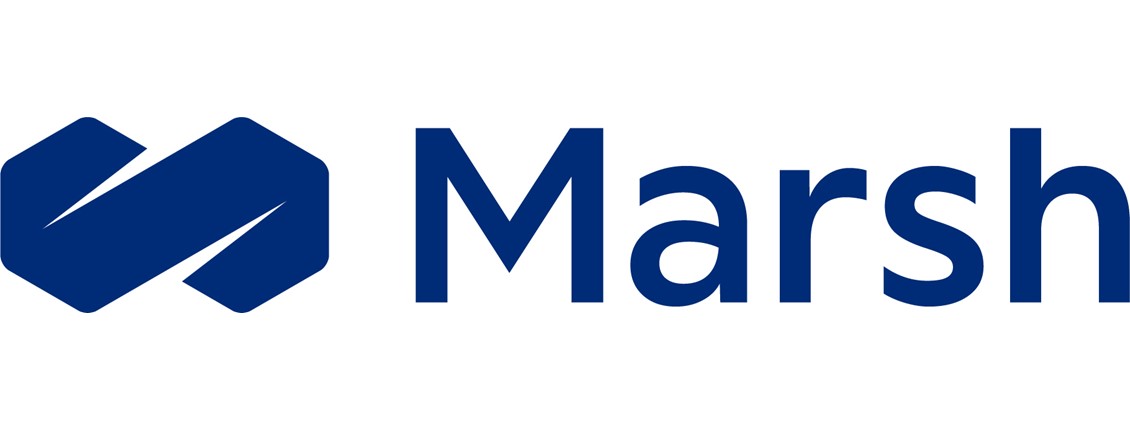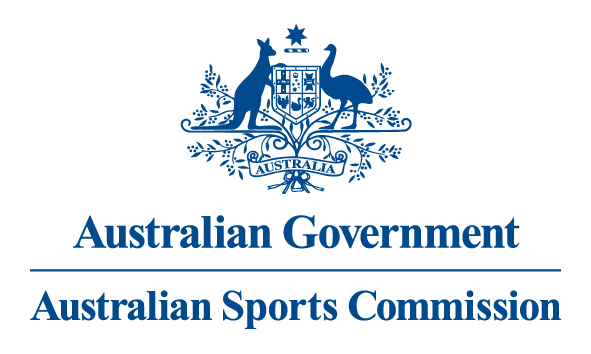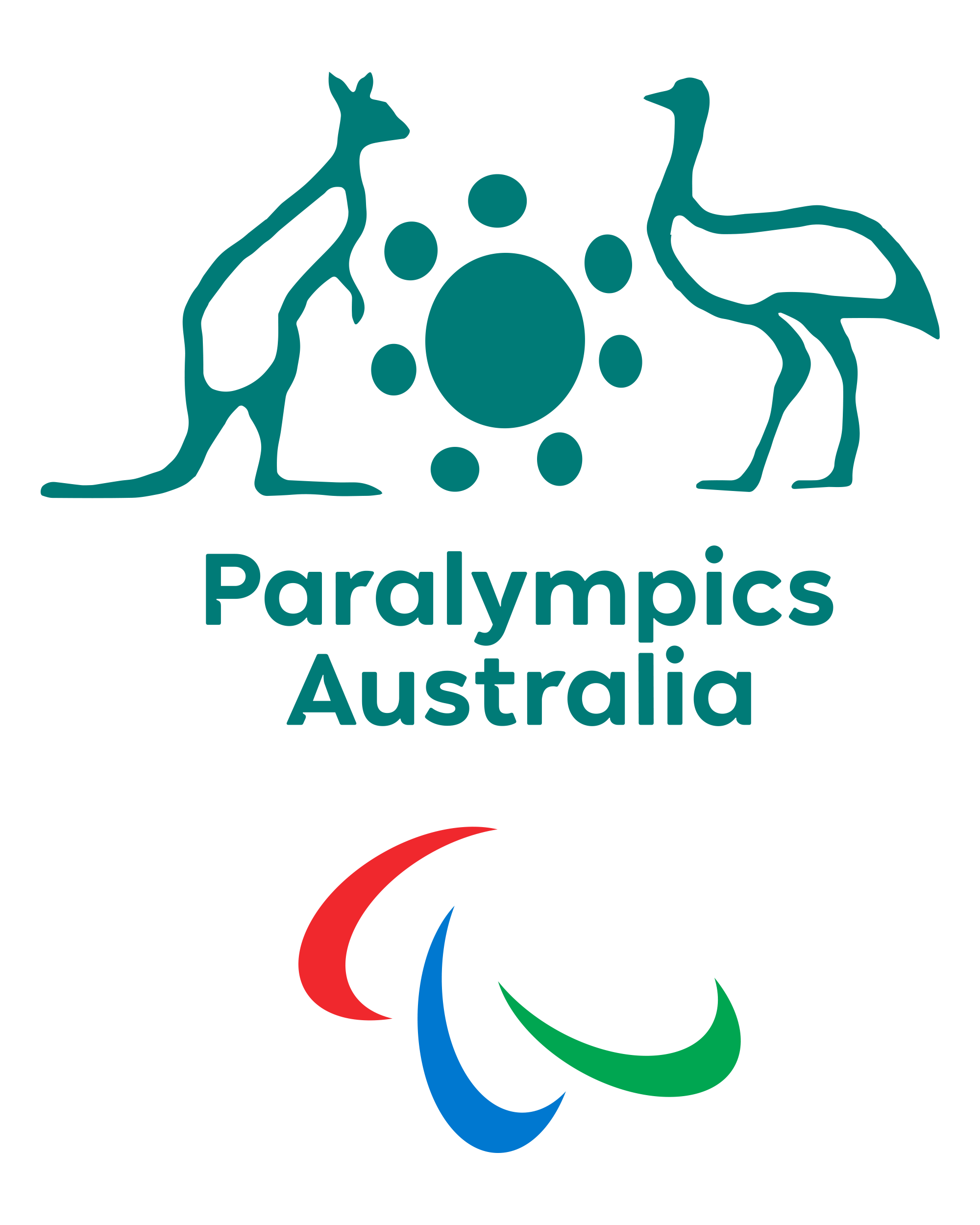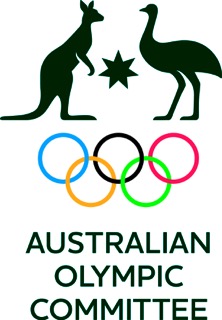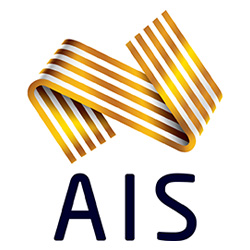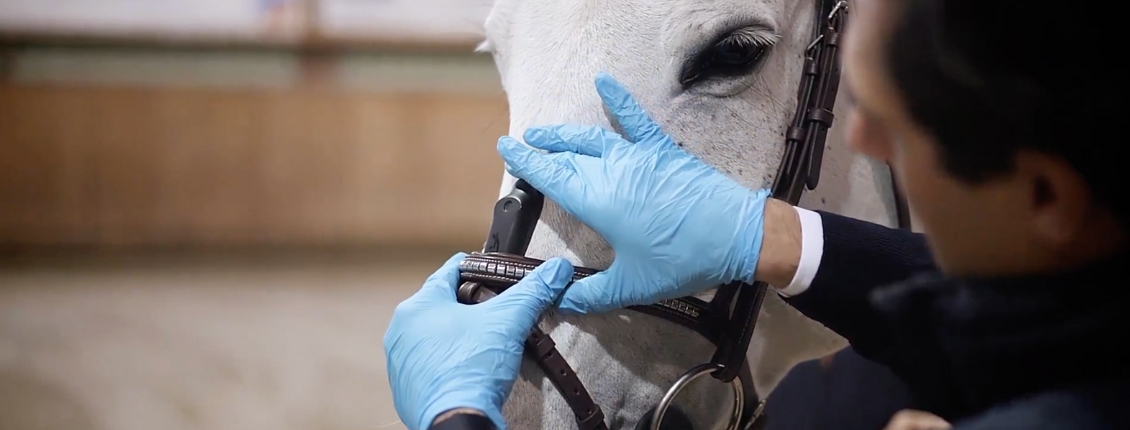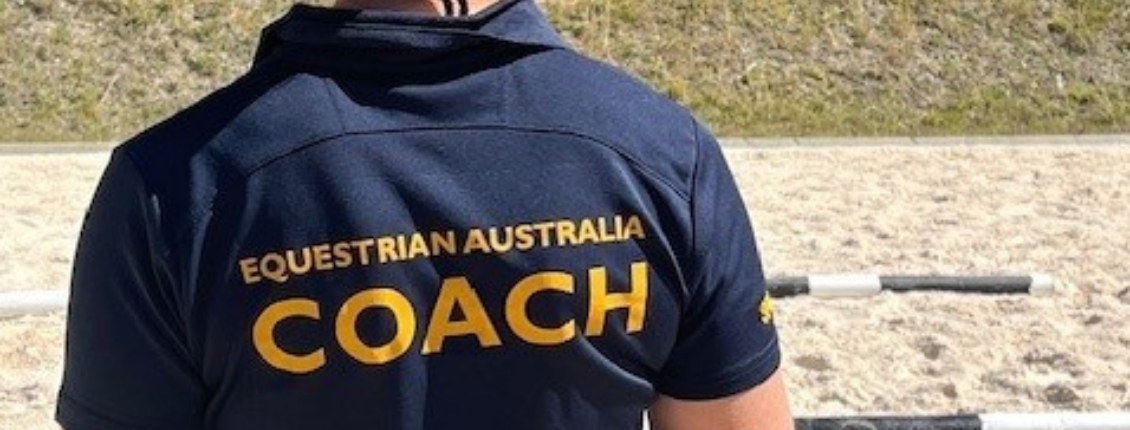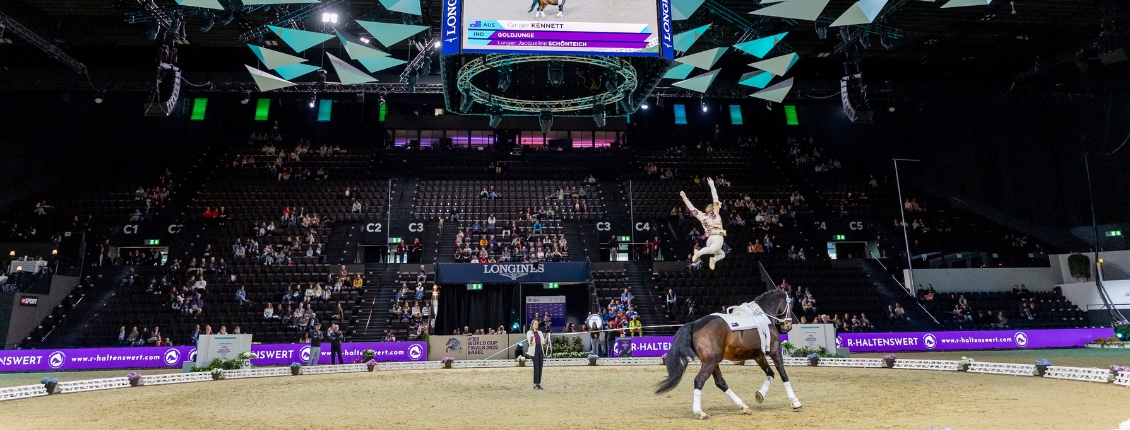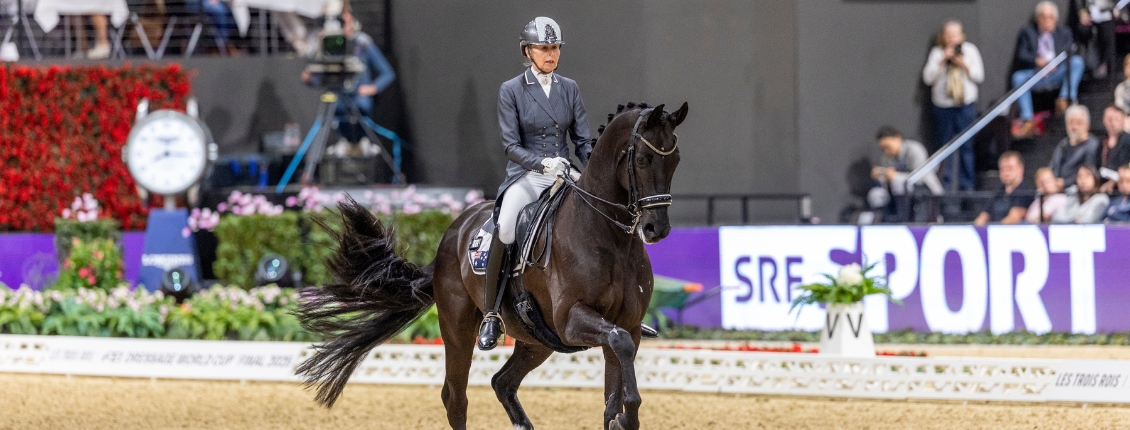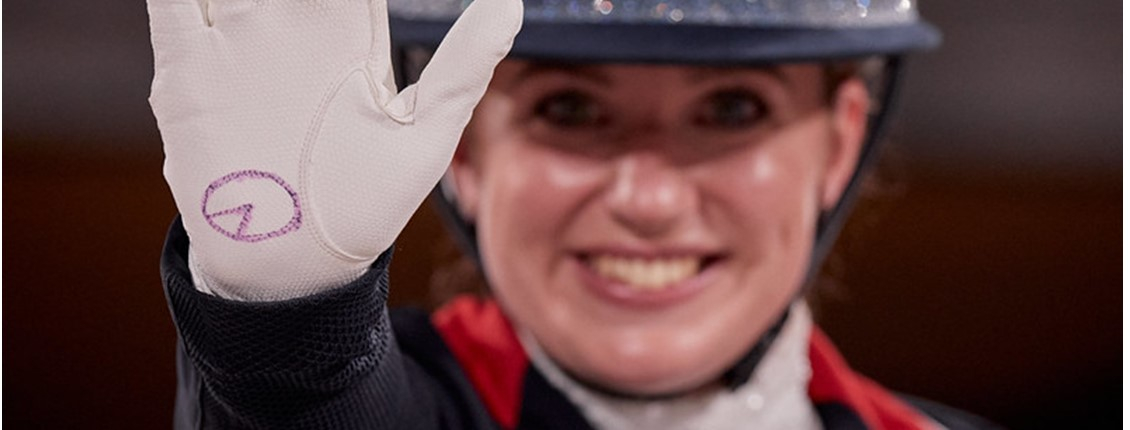
The Para Equestrian Digest: Building Inclusion, One Story at a Time
The FEI has launched The Para Equestrian Digest, an online magazine created for Para Equestrian athletes and the people connected to the sport so they can share – in their own words – their personal experiences and disability stories.
Every month, the Digest will put the spotlight on an athlete or project in Para Equestrian sport with the aim of improving disability awareness and inclusion.
The magazine has its roots in the WeThe15 campaign, which was launched by the International Paralympic Committee (IPC) in Tokyo at last year’s Paralympic Games. The campaign, which is sport’s largest ever human rights movement to end discrimination, aims to transform the lives of the world’s 1.2 billion persons with disabilities who represent 15% of the global population.
“The conversations around diversity, equity and inclusion need to be informed by real-life experiences, and story-telling is a key tool in this process of creating awareness and connection,” FEI Secretary General and newly re-elected President of the Association of Paralympic Sports Organisations (APSO) Sabrina Ibáñez explained.
“First-hand accounts invite the public to better understand the situations faced by people with disabilities on a daily basis, and challenge widely held perceptions about disability. This process of perspective-taking, or the ability to understand another person’s point of view, is what sparks the conversations that lead to long-lasting change.
“Para Equestrian athletes have experiences off the field-of-play that can inform the wider conversation on disability inclusion and we wanted to provide them with a space to share their thoughts and ideas.”
In the lead up to the Paris 2024 Paralympic Games, the Digest will explore key themes affecting disability inclusion, beginning with a discussion on ‘ableism’ or the societal attitudes that diminish the potential of persons with disabilities.
“The aim of the Para Equestrian Digest is not to problem gaze, but to seek out solutions and ideas for greater inclusion, that are offered by the para athletes themselves,” Chair of the FEI Para Equestrian Committee Amanda Bond said.
“Ironically, people with disabilities are often not part of the discussions on disability inclusion, which leads to weak decision-making processes and less than desirable outcomes.
“We hope that these unique narratives from the Para Equestrian community will resonate with people around the world facing similar issues. While we recognise that inclusion is a long-term process with many challenges, we believe that these stories can affect change one small step at a time.”
Supplied by the FEI

